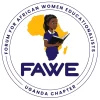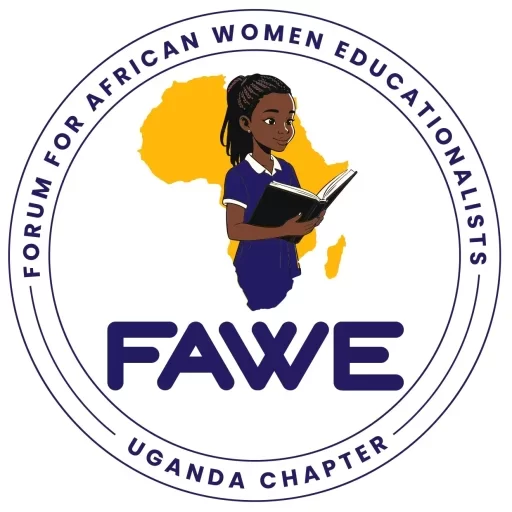ProSEVU
- Home
- ProSEVU
The project aims at promoting gender equality through addressing barriers to learning and skills development for vulnerable and marginalised adolescent girls 15-19yrs and young women 20-24yrs. The project is purposed to work with the communities in the project districts to improve attitudes, perceptions and influence practices that hinder the participation of girls and young women in opportunities for education, learning and livelihoods development giving priority to those facing multiple forms of discrimination. The project shall endeavour to address the issues of preexisting social norms in the community that hinder reentry and access to education and learning opportunities through targeted community engagements and capacity building of the key influencers such as local leaders and household heads to support and promote second chance education within their communities. FAWE Uganda shall identify and work with partners to support project beneficiaries to engage in meaningful income-generating activities through increasing their employability, market-demanded skill sets, and economic resilience building.
Project Goal
“Women have income security, decent work and economic autonomy”
Outcomes:
- Capacity of women associations and entrepreneurs to respond to procurement is increased.
- Favourable social norms, attitudes and behaviours are promoted at community and individual levels to prevent VAWG and promote SRHR.
Project Direct Beneficiary Profiles
The project supports 1,500 marginalized girls, disadvantaged by their gender, social status, tribal norms and socio-economic and political factors. Some of the girls and young women are co-habiting, heading households, in marital relationships, separated from partners, HIV infected/ affected and destitute, SGBV-survivors, adolescent mothers, living in fear of FGM and child marriage, engaged in sex work for survival, orphaned, displaced and excluded and or dropped out of school due to lack of fees or interest of parents for her to attend school. The beneficiaries will be sought at the various levels of education, to positively impact their lives in the short and medium term. They will be identified from the selected districts working with the district education and community-based services office, community leaders, and the lower local government structures.
Geographical coverage:
The project is being implemented in 14 districts selected from Karamoja, Acholi, Bukedi, Teso, and Rwenzori sub-region. Namely Napak, Nakapiripirit, Kaabong, Abim, Kotido, Moroto, Gulu, Amudat, Pader, Amuria, Kitgum, Kaberamaido, Tororo and Kasese based on the prevalence of HIV, teenage pregnancy and GBV among the beneficiary populations.
Project interventions.
A priority compliment of services shall be delivered
Psychosocial support – featuring repeat dialogues and engagements with religious and cultural leaders, other community leaders, household heads, and partners of the targeted AGYW
Transformative leadership – development working with district and sub-county level CDOs, production and education teams providing ongoing mentorships.
Economic resilience building – featuring financial literacy, entrepreneurship and linkage to opportunities.
Information and linkages for SRHR and HIV/GBV prevention services to ensure AGYW that require timely and more accurate information to cope and overcome the barriers are assisted.
This package of interventions shall be offered in addition to actual learning and skills development and training given by professional providers.

